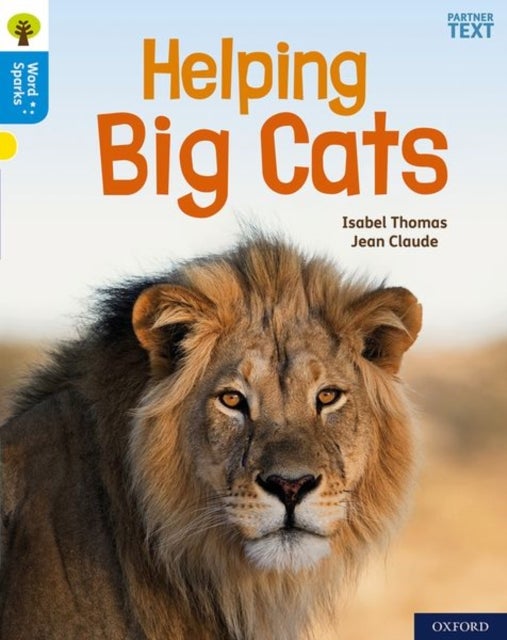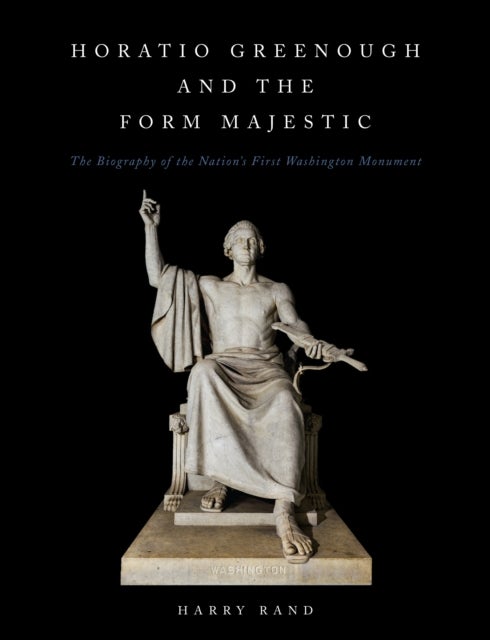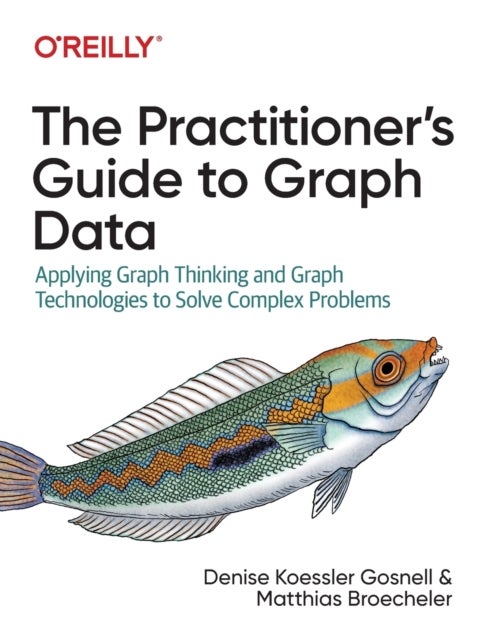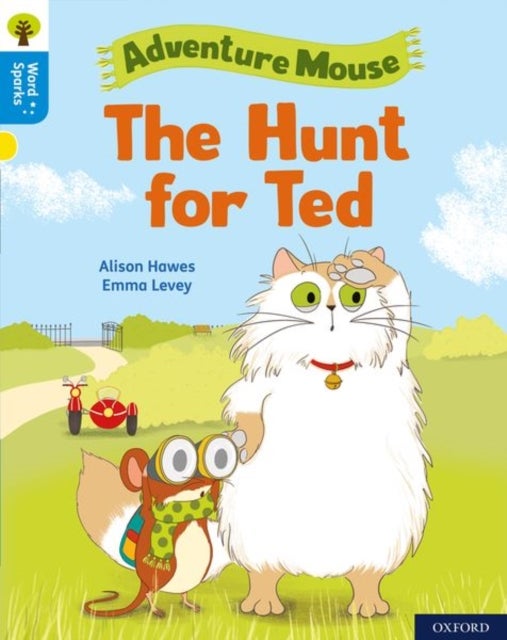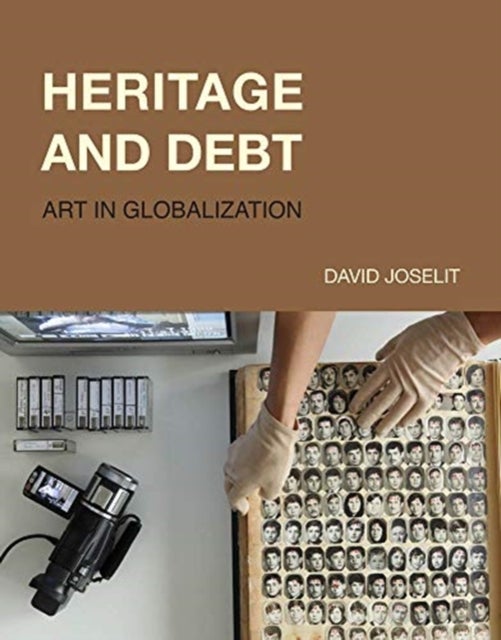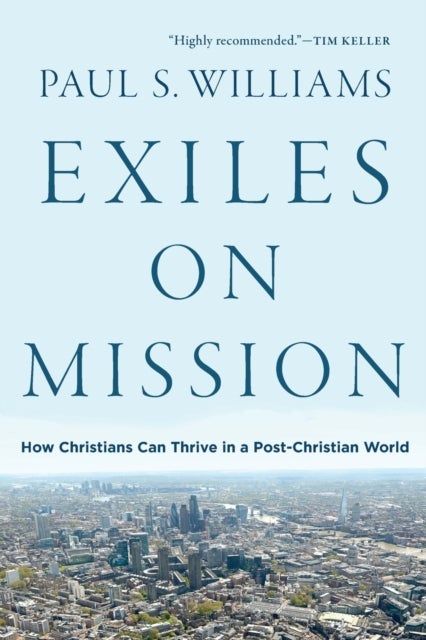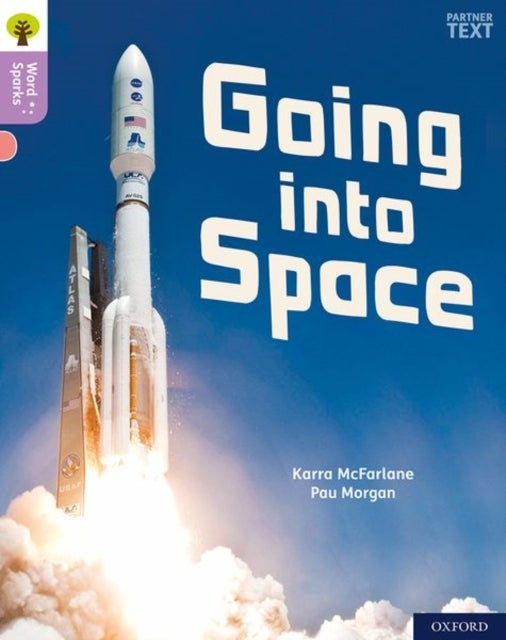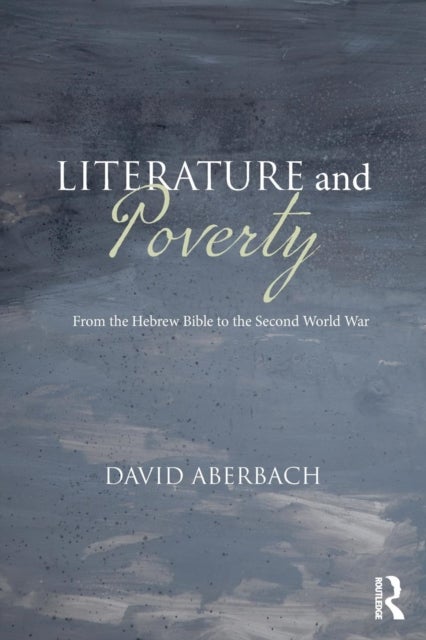
Literature and Poverty av David (McGill University Montreal Canada) Aberbach
449,-
<P></P><I><P>Literature and Poverty </I>offers an engaging overview of changes in literary perceptions of poverty and the poor. Part I of the book, from the Hebrew Bible to the French Revolution, provides essential background information. It introduces the Scriptural ideal of the ¿holy poor¿ and the process by which biblical love of the poor came to be contested and undermined in European legislation and public opinion as capitalism grew and the state took over from the Church; Part II, from the French Revolution to World War II, shows how post-1789 problems of industrialization, population growth, war, and urbanization came to dominate much European literature, as poverty and the poor became central concerns of major writers such as Dickens, Dostoyevsky, and Hugo. </P><P></P><P>David Aberbach uses literature ¿ from the Bible, through Shakespeare, Wordsworth, Zola, Pushkin, and Orwell ¿ to show how poverty changed from being an endemic and unavoidable fact of life, to a chall

